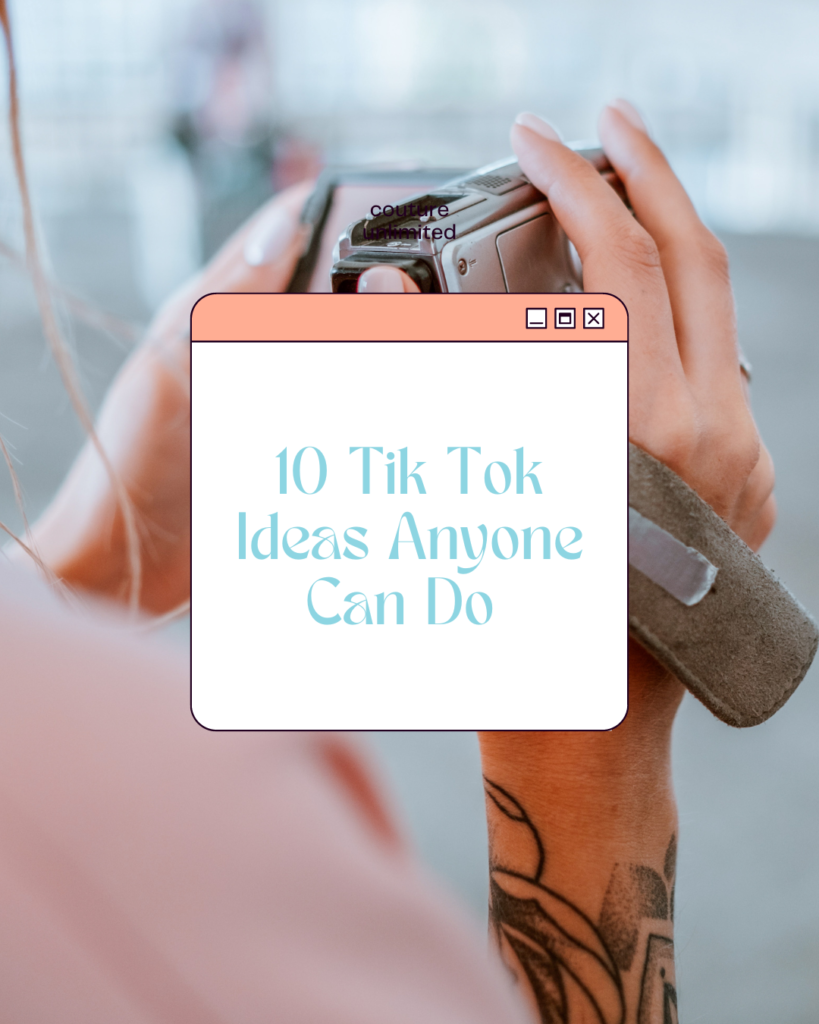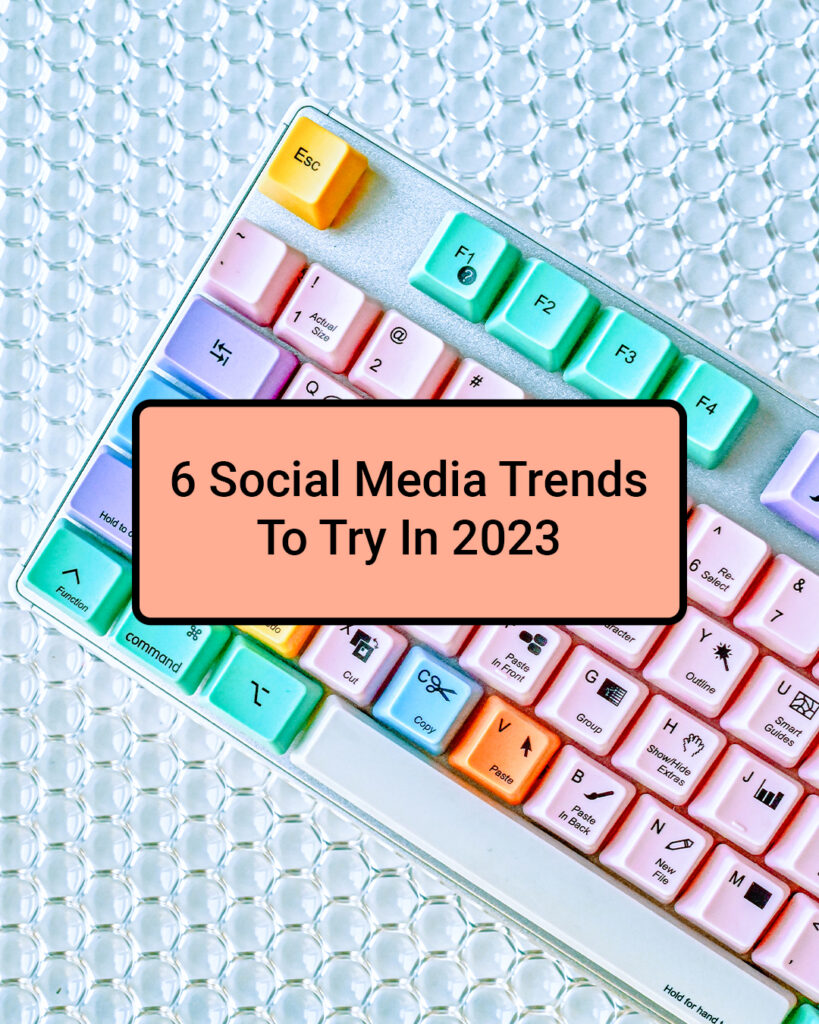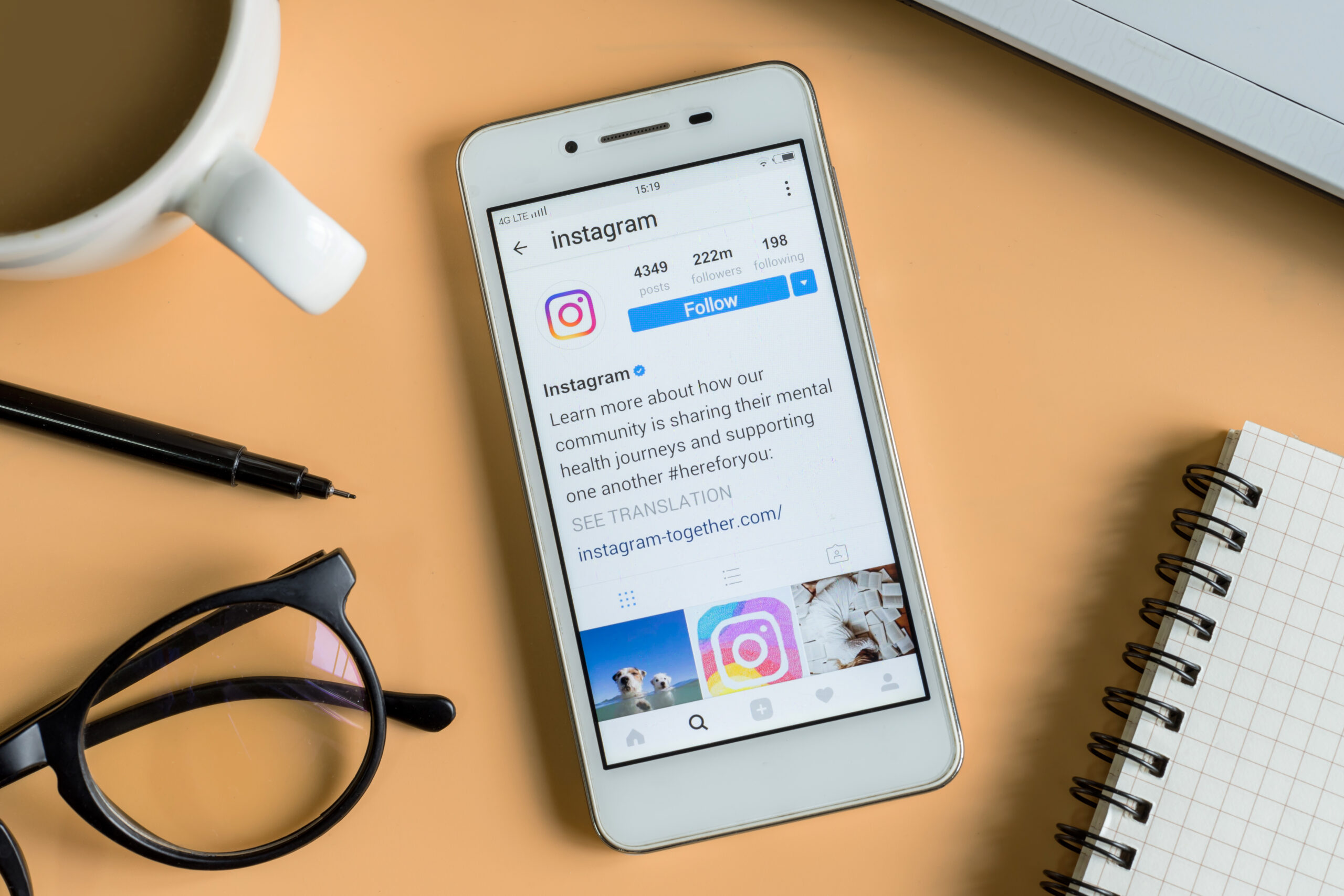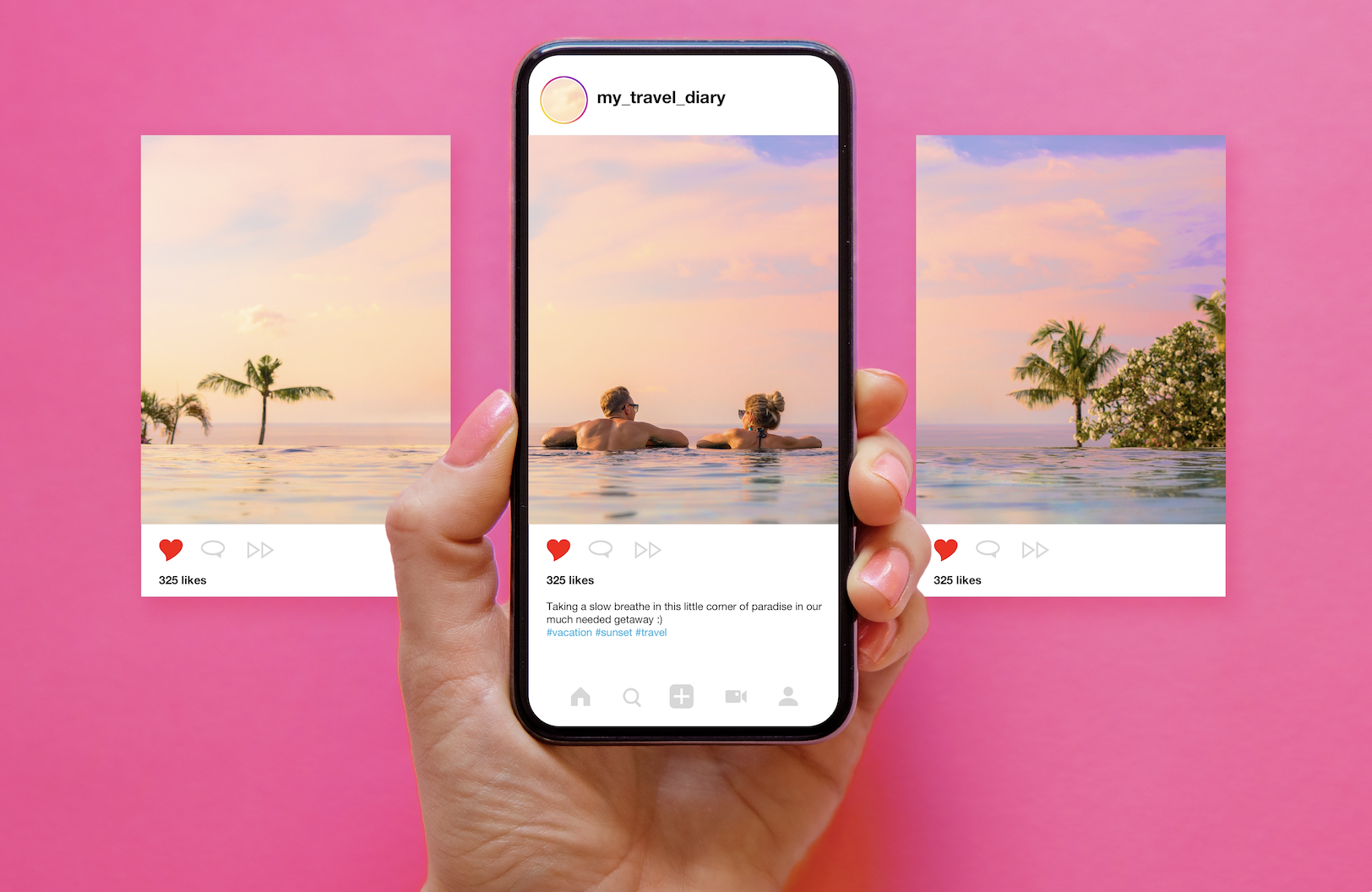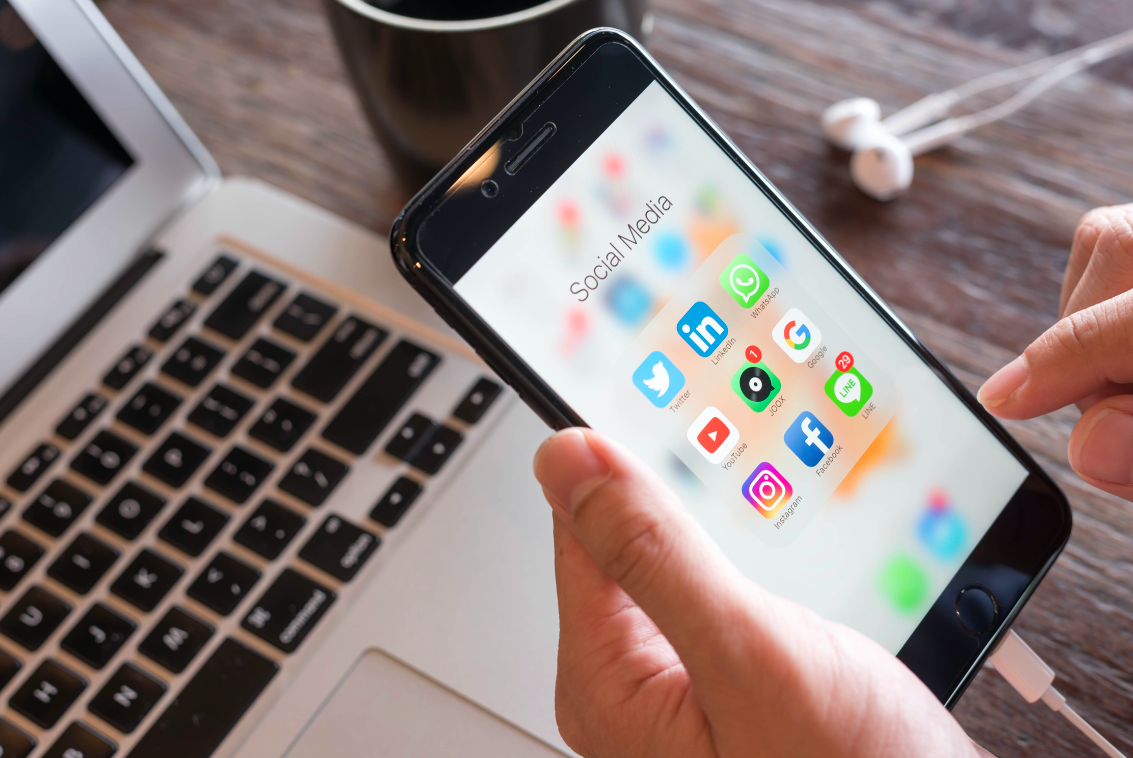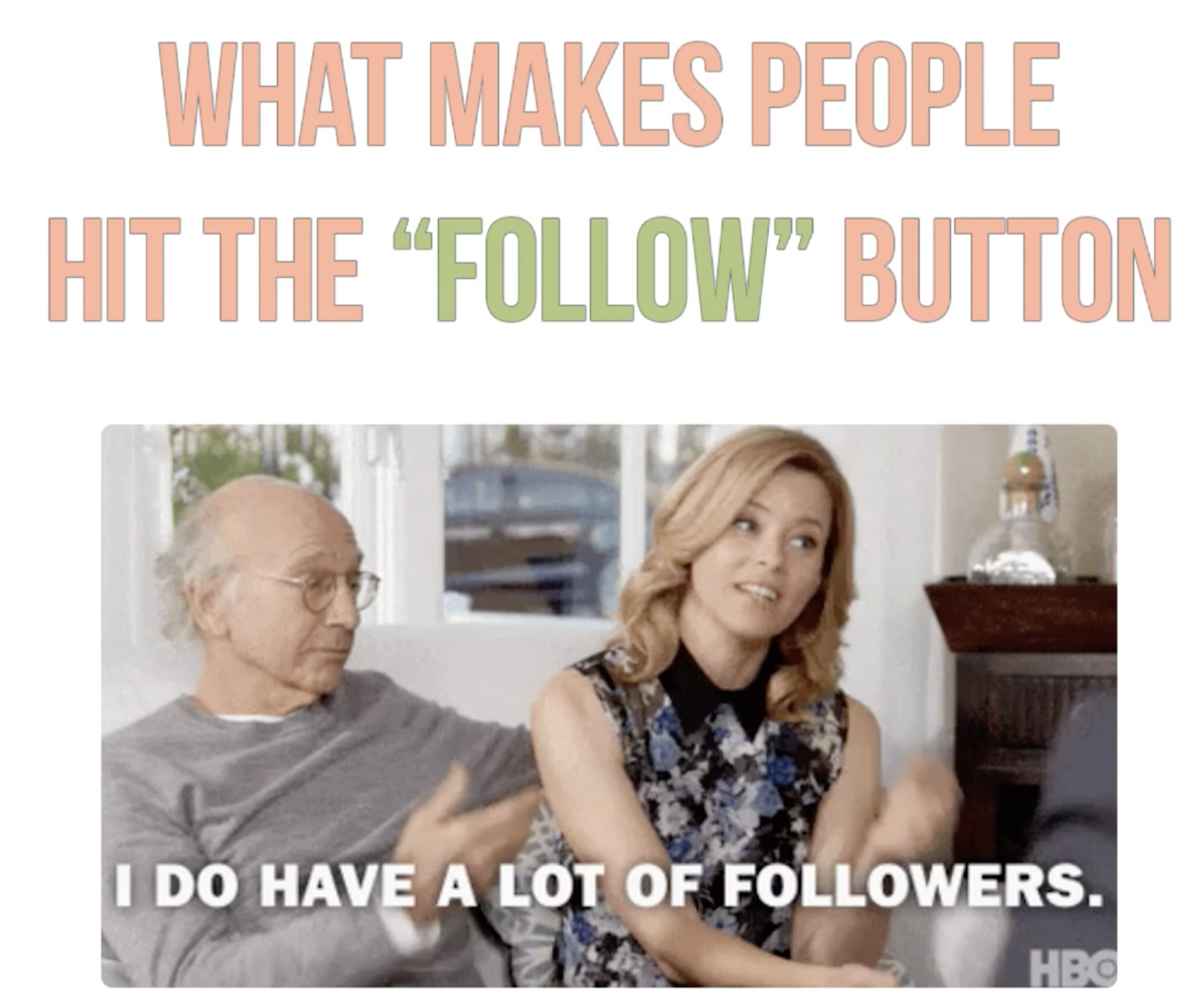
In 2014, it isn’t weird to have Internet friends… so why not have Internet parties?
That’s actually a thing on Twitter. Not to be confused with a tweetup (an in-person meet up with fellow tweeps), a Twitter party is a virtual “party” hosted in real-time on the Twitter platform, most commonly by a company or influencer to build brand awareness. Many are even moderated by an expert panelist. Given a particular topic, a hashtag is determined and announced prior to the event’s scheduled date/time.
For example, @ResourcefulMom mediated a discussion with @Entenmanns on National Donut Day, using donut giveaways as an incentive while spreading awareness about their donuts and the brand’s charitable efforts toward Salvation Army.
Question 8: How do you prefer to enjoy donuts? Quick breakfast treat? Afternoon snack? #EntenmannsDonuts
— Amy Lupold Bair (@ResourcefulMom) June 6, 2014
Seems cool, yes? And simple. And harmlessly beneficial. HOWEVER… When brands involve contests and/or giveaways in their Twitter parties (which is pretty often), they may possibly be directly or indirectly violating the Federal Trade Commission (FTC)’s rules when using the social platform to promote their brand(s)/product(s).
This type of endorsement is not okay when attendees are tweeting positive things about the host, and free products are received, without the mandated disclosures of material connections (which you can read more about here).
As explained in the article by Social Media Examiner:
In March 2013, in light of the rapid rise of individuals and businesses’ use of social media, the FTC updated its ‘Dot Com Disclosures’ guidelines. In this update, the FTC emphasized that consumer protection laws apply to both traditional media and social media. Specifically, advertisers using ‘space-constrained’ advertisements (translation: Twitter) must make the same disclosures required of them in traditional print or broadcast media.
For example, this is not okay:
Can’t live without my @EOS lip balm! http://t.co/ngsclv08ul
— Kim Kardashian West (@KimKardashian) April 16, 2013
Why? Because it was unclear whether Kardashian truly loved the product, or if she was being paid to tweet about it. (The following month, the Huffington Post reported she was believed to be accepting $20,000 per endorsed tweet – she has tweeted about the product more than once.)
So what IS okay?
Basically, if your tweet is sponsored, it must be disclosed. The FTC advises including “Ad:” to begin a promotional tweet. Other options are hashtagging #ad or #spon (sponsored).
Get free Thomas Cookware pieces, exclusively at @SaveMart Read more at #SaveMartMakeMemories #ad http://t.co/ZhXODnCb5X
— Charmed Mom (@mycharmedmom) October 3, 2014
New look for a new season. @airoptixcolors http://t.co/3uM63Pys7K #spon pic.twitter.com/xd60NuIxEU
— Nina Dobrev (@ninadobrev) October 3, 2014
In other words – rule of thumb – when you’re compensating people to publish something about your business, you need to make sure you tell them about the FTC’s requirement to disclose the paid endorsement in their tweet.
Some may think tags like #ad and #spon make a tweet look spammy. Would you be more likely to consider or ignore a tweet if those hashtags are included?
Metter Media LLC is a Boston-based social media management company that implements community-based, localized social engagement strategies for small businesses and corporations alike. Need help with your social media? Email Lauren today.
